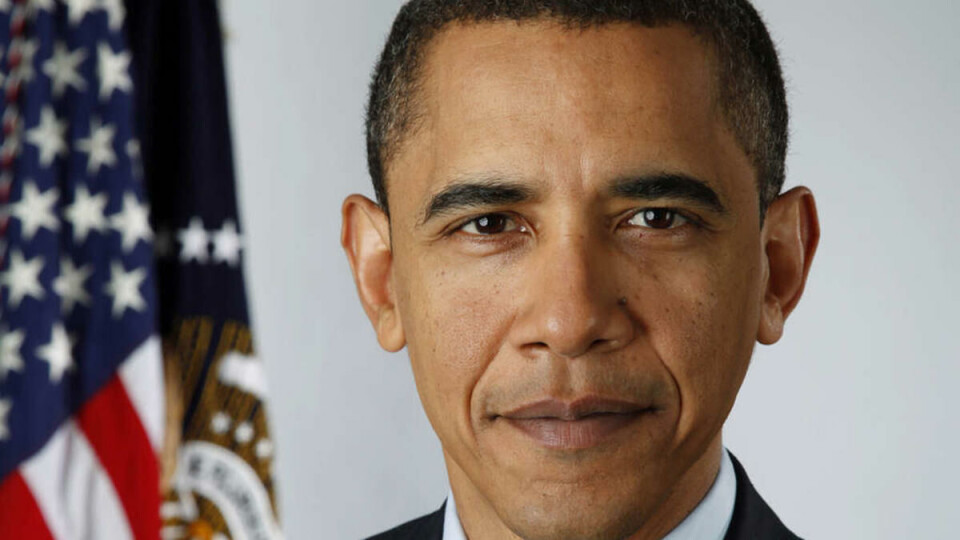
The student's savior?
The changes that President Obama is making to education policy are causing controversy.

Barack Obama has been in the White House for just under four months, but he has already been making big changes to American education policy. In the US federal budget for 2010, funds allotted to education have increased by 81 billion dollars, which in effect means a doubling of the federal education budget. The funds will come first and foremost from increased taxation. Even though the bulk of the money will be used on primary and secondary education, the news website Inside Higher Education has called the budget a «blockbuster» for higher education. Editor Scott Jaschnik believes that Obama is set to be an education president of historical importance.
– Obama has talked more about higher education than any other president, despite the massive pressure he is under due to the financial crisis and the war in Iraq. He is particularly concerned with students with low incomes. The goal is that all Americans should have access to at least one year of higher education. Intentions are an important factor during the the initial stage of a presidency, remember that he has only been in office for just under four months, Jaschnik says.
Controversial reform
The biggest battle concerns Obama’s reform of student loan financing. Obama wants to cut all subsidies to private loan funds for students. Instead of subsidizing student loans offered by banks, the money will be used on federally controlled programs, such as the Pell Grant program and the Perkins program. This is not popular among American banks. «They [banks] are gearing up for battle,» Obama stated last month. «So am I.»
The idea behind the reform is that the money should be redistributed, so that it will be easier for students from «underprivileged» families to study. Jaschnik finds it interesting that Obama has not only been accused of socialism, but also of copying European education policy.
– Obama wants to change the system so that you get your loan via the universities instead of through the banks, and you do not have to pay back much of this support. He wants to increase the level of support and for it to be regulated by the consumer price index.
Spokeswoman for College Republicans, Ashley Barbera, is among those who do not support the measures.
– I do not believe that it would be cost effective. Historically, the government has not been good at saving and managing money. This will the limit the possibilities students have to choose the loan that suits them, Barbera states.
She fears that the changes may be irreversible, even if it turns out that the new system does not work in the way that one had hoped, and she worries about the banks and the students that are dependent on their loans. Even though the federal budget has been passed, powerful lobby groups continue to work against the cuts in subsidies to banks.
In the shadow of the financial crisis
Jordan Selmansson and Eric Osterman are American exchange students in Norway. They have not really noticed the increased focus on education, even though they are both interested in politics.
– Education is not an important issue in the United States. You find your own way, and everyone thinks that «that’s not my problem». This means that private companies can take advantage of the students, states Osterman, who describes himself as politically «independent».
– If students get a «free ride», then they may not be as motivated to work hard, Selmansson fears.
Ole O. Moen, professor of history and North America expert, also believes that the focus on education stands in the shadow of the financial crisis and the Iraq war.
– Education has been given 81 billion dollars in additional funding, is this a large number in an American context?
– You cannot view American politics in terms of sectors. What is clear is that both health and education are secondary until the large financial crisis packages are out of the way. Obama is primarily interested in loans and financial support for students, research is not currently a main priority for him. Yet he has not moved away from his promises, and with a majority of Democrats in both chambers, there is a possibility that the major reform in education will come when the big financial wheels start turning, Moen says.
































